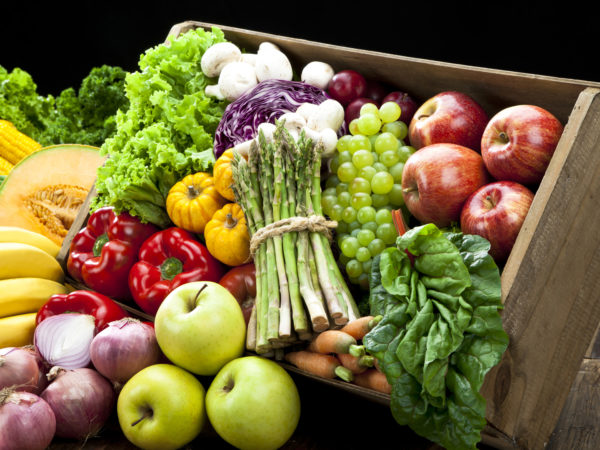How Dr. Weil Eats

Your diet, and dietary recommendations, have evolved over time, can you take us through that?
When I was a child, I ate a fairly standard American diet, which is to say, a bad one. When I was out of the house and on my own, I became a vegetarian for many years. Then, based on my research, I decided to add fish to my diet in 1984. Now, I follow my anti-inflammatory diet quite closely.
A common critique one hears among the public at large is that, “even the experts can’t agree on what’s healthy.” Do you think that’s true?
No, I don’t. Every year, in conjunction with the Columbia University College of Physicians and Surgeons, the Arizona Center for Integrative Medicine at the University of Arizona sponsors one of the leading conferences on science and nutrition. The top nutrition scientists from all over the world come to it. I am always heartened by the fact that there is now widespread consensus among them on what constitutes the most healthy diet. For example, there is universal agreement that high fructose corn syrup, white flour, white sugar and hydrogenated fats have no place in any diet. And there is near-universal agreement that a diet should be rich in vegetables and fruits and quality sources of protein, especially fish. I think there is also consensus that supplementation to cover nutritional gaps in the diet makes sense for most people.
On the Larry King show, you recently defended Gary Taubes, the science writer who questions the value of low-fat diets, and who says saturated fats have gotten a bum rap. Is this a change in your views?
No, I have said this in my books. I have never felt that saturated fat was as bad as it is made out to be, if it is eaten in the context of a diet that includes mostly monounsaturated fats, plenty of omega 3 fatty acids, and plenty of antioxidants. With regard to saturated fat, I tell people that you can have some saturated fat in your diet; just think about where you want to spend your saturated fat budget. I choose to spend mine on quality cheese.
So what ideas have you changed?
I think there is more of a change in my thinking about carbohydrates. In the past five or six years, there has been a real explosion of quality research into the glycemic load and its effect on weight gain and insulin sensitivity.
And are you using this insight personally?
You were on the Martha Stewart show recently, and she was quite effusive about how good you looked.
Yes, I think I am quite sensitive to high-glycemic-load carbohydrates. Most of the processed, refined, manufactured foods are the ones that are quick digesting and problematical. Cutting back on them has helped me get my weight down, because my metabolism is certainly carbohydrate sensitive.
How much have you lost?
I don’t get weighed. I judge my condition by the fit of my clothing, and these days, I am much happier with it.
What, specifically, did you change?
Mostly, it was eating less bread and pasta, and cutting back on my sugar intake. In restaurants, I would sometimes eat dessert. I don’t do that now.
Food is a political issue, too. You are on record ad being sharply critical of American food policy. Specifically, you’ve pointed out that the Farm Bill preferentially subsidizes corn, wheat and soy, which makes high-glycemic-load foods artificially cheap. The bill was up for renewal in 2007. Were there any improvements?
Not really. The vested interests won. They greatly outspent us. They lobbied more effectively and got what they wanted. The good news is that there is now a coalition to fight effectively in the future. The health care community is now actively engaged in agricultural politics, which has never happened before.
Do you see any hopeful trends in the American food landscape?
The growth of organic agriculture is very heartening. There are more farmers’ markets now, healthier foods in schools, and better availability of high-quality foods in general. I do see some very positive signs.













